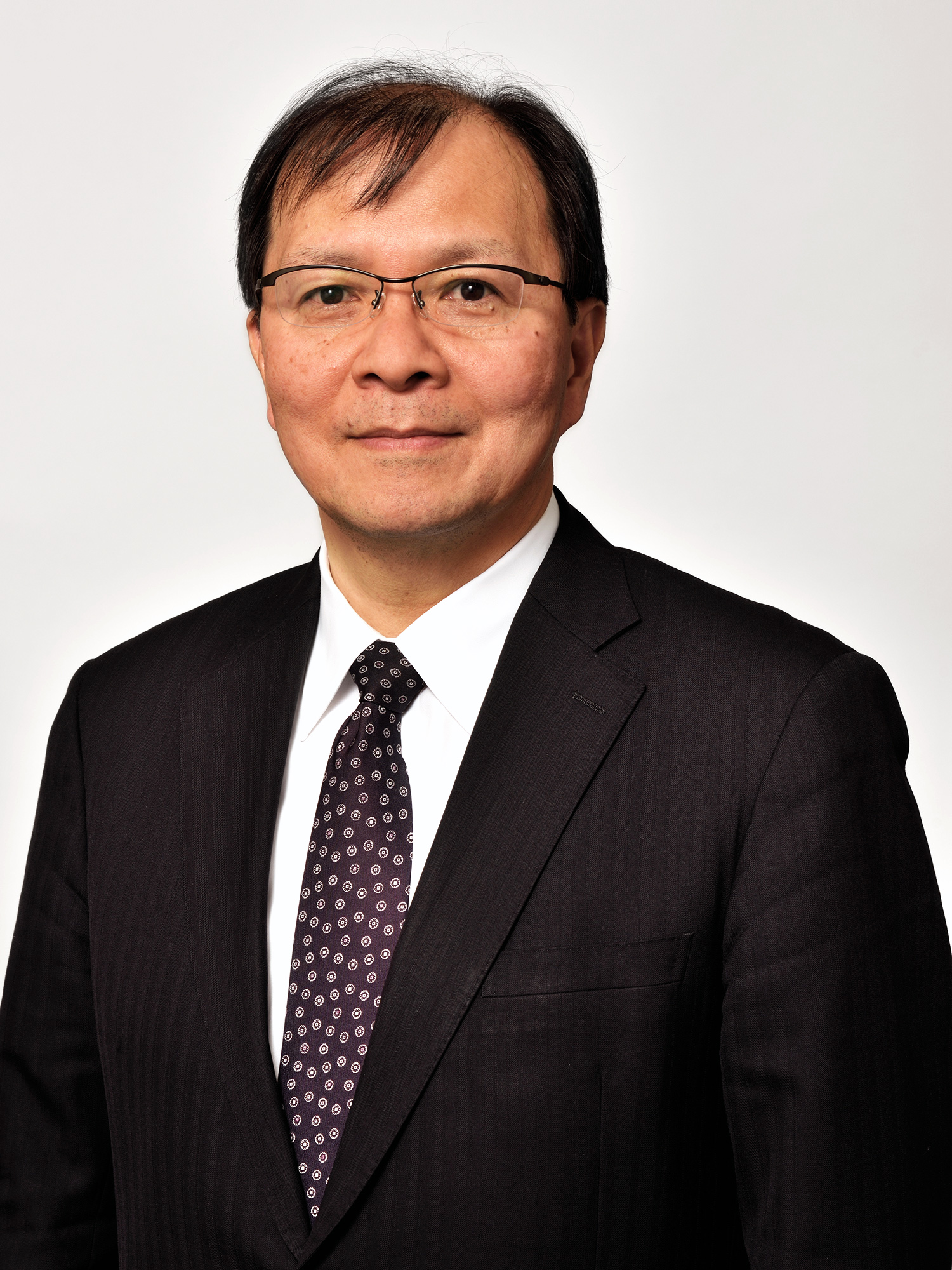Keynote Speakers

Hitoshi Nakagama
President, Japan Agency for Medical Research and Development (AMED) / Honorary President, National Cancer Center (NCC)
Name: Hitoshi Nakagama, M.D., D.M.Sc.
Biography---Hitoshi Nakagama has served as President of Japan
Agency for Medical Research and Development (AMED) and Honorary
President of National Cancer Center (NCC). He graduated from the
University of Tokyo in 1982 and received Ph.D. in 1991. He then
joined MIT, Center for Cancer Research, and worked with Prof. D.E.
Housman on functional analysis of a tumor suppressor gene, WT1.
After returning back to Japan in 1995, he took up a position at NCC
Research Institute (NCCRI), and became Chief, Biochemistry Division
(1997), Deputy Director (2007), and Director of NCCRI in 2011. He
had worked at NCCRI on animal models of colon carcinogenesis induced
by various environmental carcinogens and on DNA adductome to
elucidate genetic/epigenetic alterations that play pivotal roles in
driving cancer development. He also identified several tumor
suppressive microRNAs regulating cell cycle arrest and/or apoptosis
after exposure to environmental insults.
Position:President, Japan Agency for Medical Research and
Development (AMED) / Honorary President, National Cancer Center
(NCC)
Education:
1982 University of Tokyo, Faculty of Medicine, M.D.,
1992 University of Tokyo, Faculty of Medicine, D. M.Sc.,
Positions and Employment:
1984 Clinical Staff, The 3rd Department of Internal Medicine,
University of
Tokyo, Faculty of Medicine
1988 Research Associate, University of Tokyo, Faculty of Medicine
1991 Postdoctoral Fellow, Center for Cancer Research, MIT, U.S.A.
1995 Section Head, Carcinogenesis Division, National Cancer Center
Research
Institute (NCCRI)
1997 Chief, Biochemistry Division, NCCRI
2007 Deputy Director, NCCRI
2011 Director, NCCRI
2012 Executive Director, National Cancer Center (NCC)
2016-April 1, 2025-March President, NCC
2025- April 1, President, Japan Agency for Medical Research and
Development (AMED) / Honorary President, National Cancer Center
(NCC)
Expertise: Molecular oncology, Cancer genomics, Environmental
carcinogenesis



